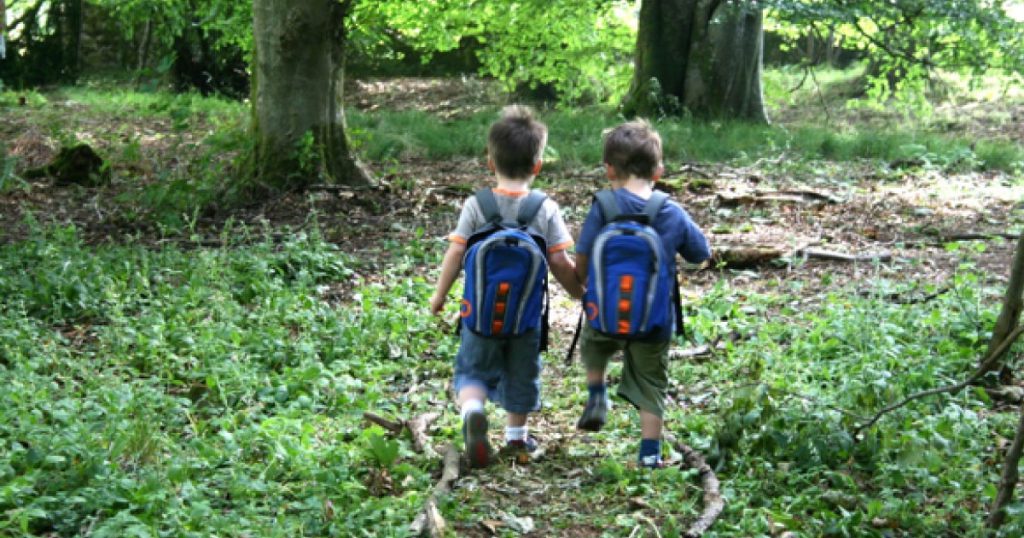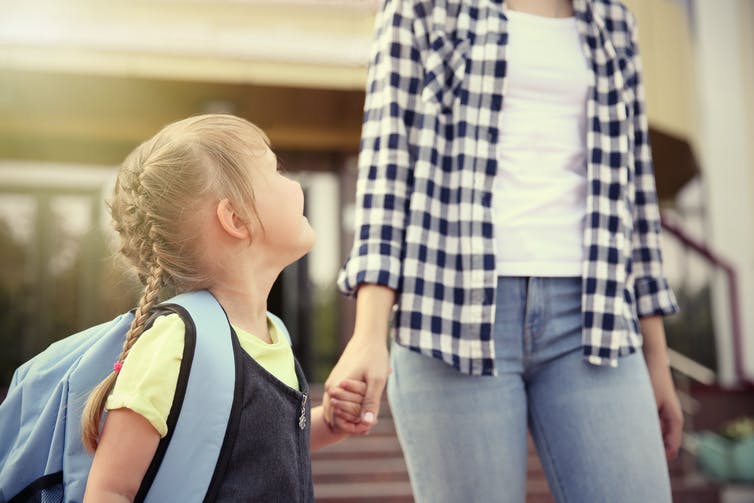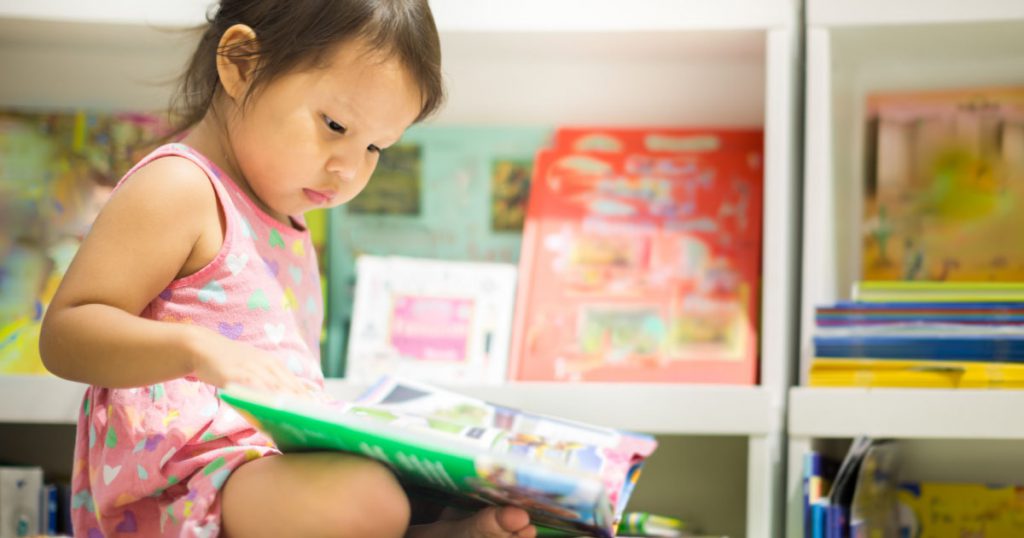
A commitment to social justice means taking responsibility for working individually and collectively to ensure that everyone has meaningful opportunities to participate in the economic, social, cultural, communal and political life of the nation.
The year 2020 was challenging. We experienced devastating bushfires and the COVID-19 crisis, and there are still ongoing issues related to living, working and raising of children in the context of this global pandemic. Social justice, therefore, is more important than ever. We need to ensure that we don’t widen the gaps that already exist for families and individuals in many communities.
- We know that women with children have borne a heavier burden during the pandemic and this comes after many women were already struggling to find steady employment and affordable child care before the pandemic.
- We know that some children live in crowded and confined spaces that restrict their opportunities for play and physical activity—contexts that were exacerbated during extensive lockdowns.
- We know that even during times of normalcy some families and children with disabilities face barriers or challenges in accessing the support, resources and interventions they require to thrive and meaningfully participate in their communities. The pandemic made those challenges even harder to navigate and created additional stress.
- We know that Aboriginal and Torres Strait Islander peoples have worse health outcomes than other Australians—evident in higher death rates during previous epidemics. During the COVID-19 pandemic, Aboriginal communities showed the rest of the country how self-determination enabled them to protect their people by acting quickly and decisively and through culturally responsive strategies, including information about the virus in community languages and closing access to outsiders.
What can we learn from these pandemic outcomes and the gaps or issues they reveal? How might educators support socially just advocacy and action in response? Here are some suggestions:
- Show your support for securing constitutional changes to recognise First Australians. Join the call for a Voice to Parliament.
- Advocate for play and provide children with regular opportunities to engage in vigorous, physical play in appropriate spaces such as local parks or recreation reserves. Work with the local government and play associations to improve and extend safe and interesting play spaces for children. Click here to find out how.
- Collaborate with inclusion support agencies and professionals to reduce any barriers children or adults with disabilities might face in accessing your setting. As a team, reflect on the meaning of inclusion and respect for the dignity of every person. Identify some practical actions in response to your reflection. Read about the Inclusion Support Program.
- Connect with local, state and federal politicians and highlight your local issues so that, as elected representatives, they understand and can respond to the social justice issues relevant to children and families in your community.
ECA Recommends
Fair’s Fair: How to tackle bias in education and care services
By Dr Red Ruby Scarlet and Lisa Bryant
How to tackle bias in education and care services is a practical guide to putting anti-bias and inclusive practices into everyday curriculum. It is easily accessible and offers clear examples practices, environments and relationships to support educators. It features an Anti-Bias Reflection Guide specifically designed to help educators with their pedagogical documentation and reflective practices. Purchase your copy here on the ECA Shop.


